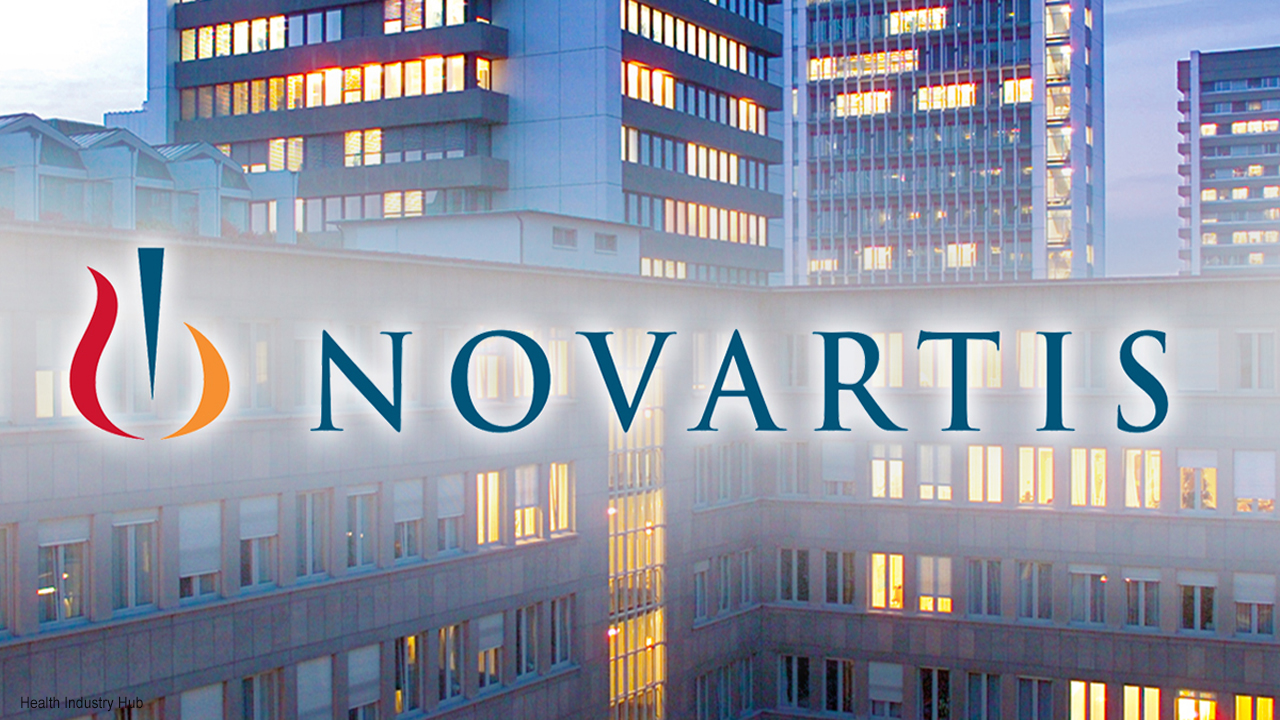Cadent Therapeutics, a privately held clinical stage biopharmaceutical company focused on the development of therapies for the treatment of cognitive, mood, and movement disorders, announced today that it has reached a definitive agreement with Novartis, under which Novartis will acquire all of the outstanding capital stock of Cadent Therapeutics. Upon the closing of the agreement, Cadent will receive a $210 million upfront payment and will be eligible for up to $560 million in milestone payments, for a total potential consideration of $770 million. Cadent Therapeutics launched in 2017 through the merger of Luc Therapeutics and Ataxion Therapeutics, with a focus on small molecules targeting neuronal ion channels.
The acquisition will give Novartis full rights to Cadent’s neuroscience portfolio, including its NMDAr program, which consists of two clinical programs: CAD-9303, a NMDAr positive allosteric modulator, and MIJ-821, a NMDAr negative allosteric modulator, which was licensed to Novartis in 2015. Additionally, Novartis will gain full rights to CAD-1883, a clinical stage SK channel positive allosteric modulator in development for movement disorders.
“Since the company’s launch, the Cadent team has been focused on building a portfolio of next-generation small molecule treatments for cognitive, mood, and movement disorders,” said Jodie Morrison, Chief Executive Officer of Cadent Therapeutics. “The expertise of Novartis in development of CNS therapeutics – something we have witnessed first-hand in our existing collaboration — provides an ideal foundation for continued advancement of the Cadent pipeline and will ensure the broad potential of these drugs is realized for patients.”
Cadent Therapeutics is creating therapies for the treatment of cognitive, mood, and movement disorders. The company combines target specificity, patient selection, drug design and optimization, and novel quantitative endpoints to create first-in-class molecules to treat cognitive and movement disorders. Cadent Therapeutics is rapidly advancing its pipeline of positive allosteric modulators within indications including schizophrenia and movement disorders. The company has an exclusive license and collaboration agreement with Novartis to develop a negative allosteric modulator, now in Phase 2 for the treatment of treatment resistant depression.

 The acquisition will give Novartis full rights to Cadent’s neuroscience portfolio
The acquisition will give Novartis full rights to Cadent’s neuroscience portfolio










.jpeg)







.jpeg)

.jpg)










